23 Moments And Memories From People Who Lived In The ’70s
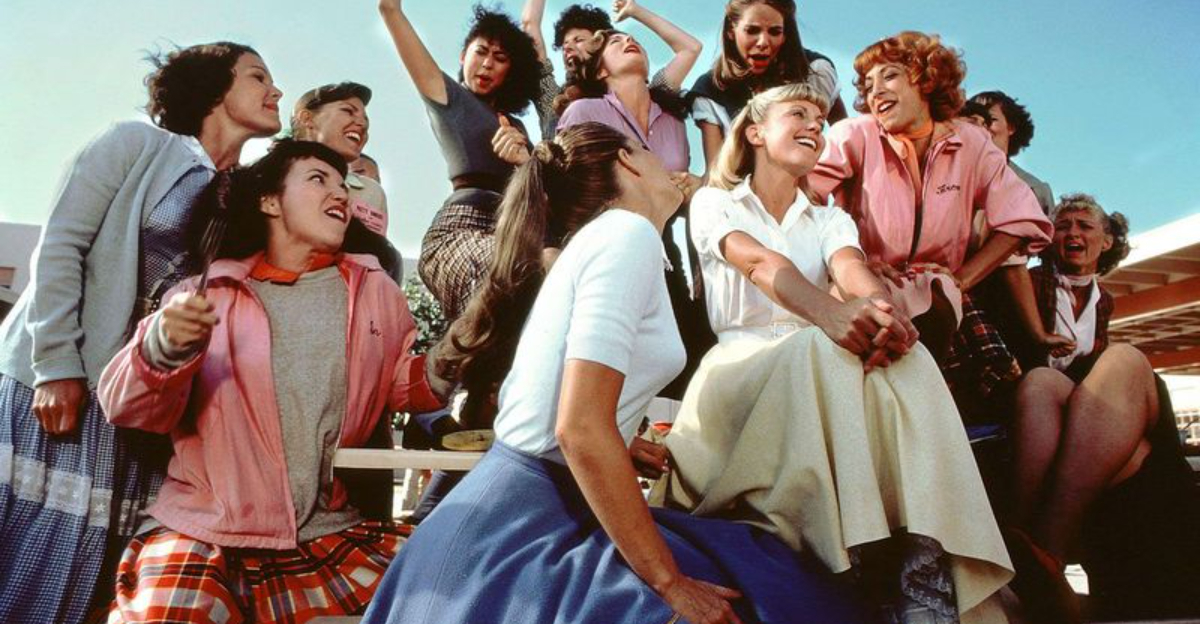
Buckle up, bell-bottom lovers—we’re heading back to the dazzling, unpredictable, and delightfully groovy 1970s!
This was a decade that didn’t just walk onto the cultural stage—it strutted, in polyester suits and platform shoes, under a spinning disco ball. It was an era of wild change and electric vibes, where every corner of life seemed to get a glittery makeover.
Movies got gutsier, music got funkier, and fashion? Let’s just say it was bold enough to blind your grandma. But the ’70s weren’t all glitter and gold; there were protests in the streets, gas lines around the block, and a fair share of political jaw-droppers.
Still, if you were lucky enough to groove through this unforgettable decade, you know it had a magic all its own. In this blog post, we’re reliving 23 of the most iconic, head-turning, heart-thumping moments from the ’70s that defined a generation—and then some.
1. Disco Fever Took Over
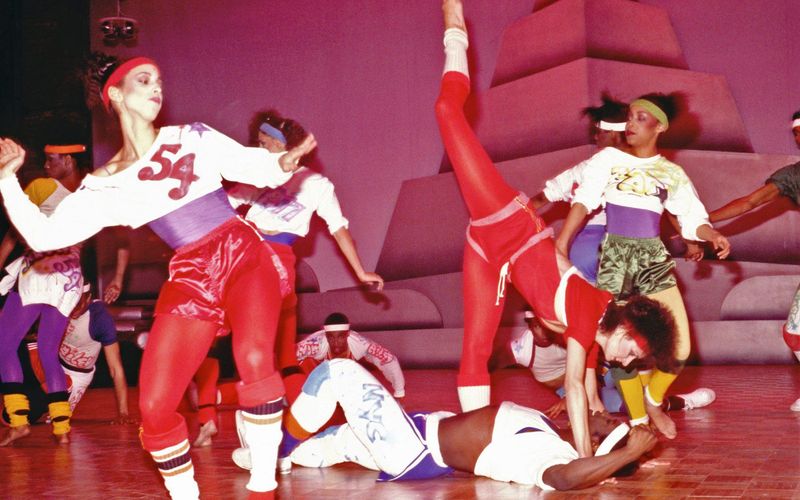
Disco fever was more infectious than anything else in the ’70s, and guess what? Everyone wanted to catch it! Studio 54 became the epicenter of this glittering epidemic, with its iconic mirror balls reflecting the pulsating lights. I remember stepping onto the dance floor, my polyester shirt clinging to my skin, and feeling like I was part of something electric.
The fashion was as loud as the music, with bell bottoms, wide lapels, and platform shoes that could double as small buildings. If you weren’t shaking your groove thing to Donna Summer or the Bee Gees, were you even living? Disco was not just music; it was a lifestyle, a movement, and boy did it make you move!
Beyond the fashion and music, disco was a cultural phenomenon that brought people together. It didn’t matter who you were or where you came from; the dance floor was a space of unity and liberation. Every night out was a chance to shine, literally, thanks to those glimmering outfits. Disco fever was a moment of joy and freedom, where the world outside faded away, and the beat of the music reigned supreme.
2. Star Wars Premiered (1977)
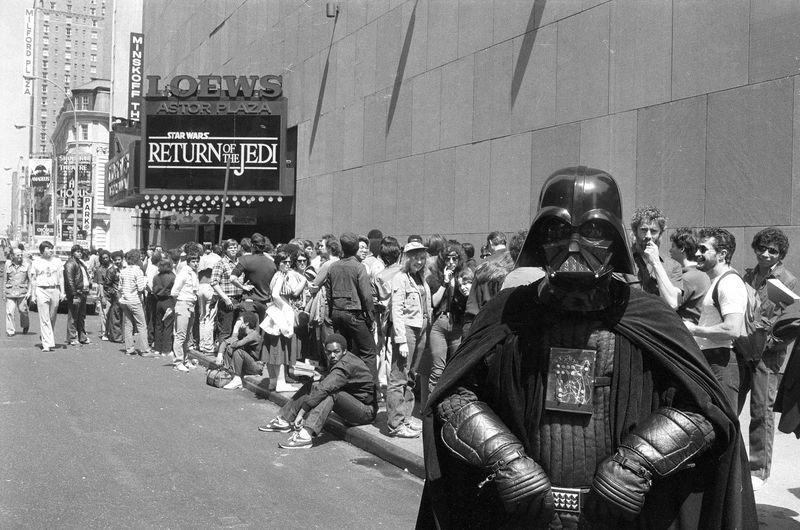
A long time ago, in a decade not so far away, Star Wars burst onto the scene and changed pop culture forever. I still recall the electric buzz in the theater as the opening crawl began, and the galaxy far, far away unfolded on the screen.
Watching the epic space battles and lightsaber duels, there was nothing quite like it. The special effects were revolutionary for the time, and every kid, myself included, left the theater dreaming of becoming a Jedi. The film’s impact extended beyond the screen, spawning a franchise that would dominate the cultural landscape for decades.
Star Wars wasn’t just a film; it was an event, a new cultural cornerstone. The characters, from Luke Skywalker to Darth Vader, became household names, and phrases like ‘May the Force be with you’ entered the everyday lexicon. It was more than entertainment; it was a phenomenon that redefined what a movie experience could be, captivating audiences worldwide and leaving a legacy that still resonates today.
3. The Beatles Officially Broke Up (1970)
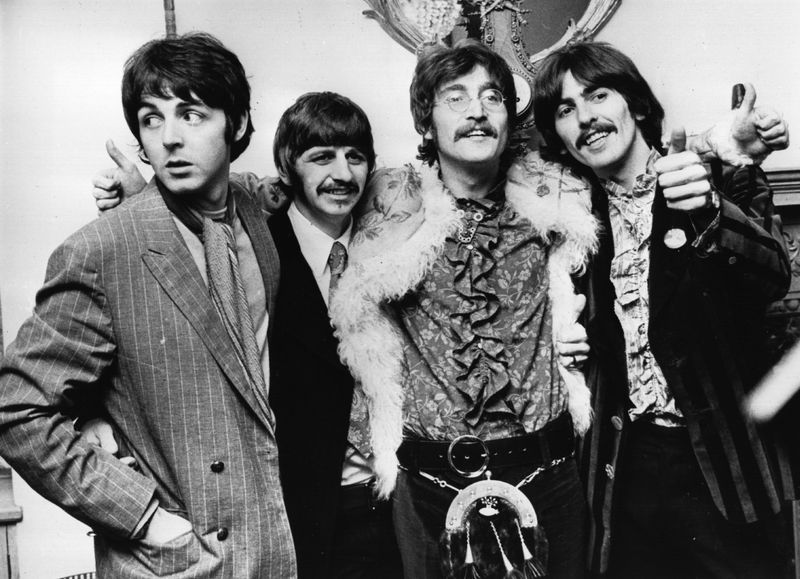
When The Beatles officially broke up in 1970, it felt like the music world paused for a collective sigh. As someone who grew up with their tunes playing as the soundtrack to my youth, it was a bitter pill to swallow.
The Fab Four, whose harmonious melodies and creative genius had captured the hearts of millions, were saying goodbye. Each member embarked on a solo career, but nothing could quite match the magic they created together. The breakup left a void that was felt across the globe.
Despite the heartbreak, their music continued to thrive, and perhaps that’s the silver lining. Songs like ‘Let It Be’ and ‘Hey Jude’ became anthems of remembrance, echoing through time. Their legacy was far from over, and the breakup only solidified their status as legends. It was the end of an era, but The Beatles’ influence would continue to inspire musicians and fans alike for generations.
4. Nixon Resigned (1974)
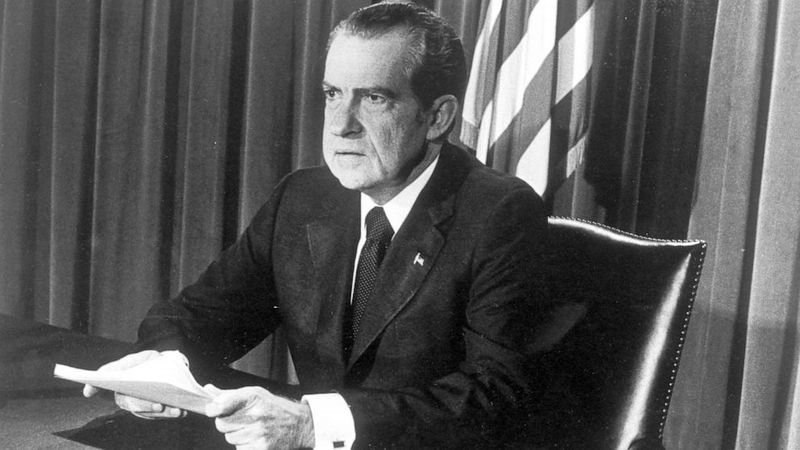
August 8, 1974, was a day etched in the annals of history, as Richard Nixon became the first U.S. president to resign. Watergate was the scandal that rocked the nation, and I recall watching his resignation speech with a mix of disbelief and intrigue.
The political drama unfolded like a gripping thriller, complete with wiretaps, secret recordings, and a nation glued to the unfolding spectacle. Nixon’s departure marked a significant moment in American politics, a time of reckoning and reflection for the country.
Despite the controversy, the resignation was a pivotal moment that reinforced the importance of accountability and transparency in governance. It was a reminder that no one, not even the president, is above the law. The legacy of Watergate and Nixon’s resignation continues to be a reference point in political discourse, serving as a cautionary tale for those in power.
5. Jaws Terrified Beaches (1975)
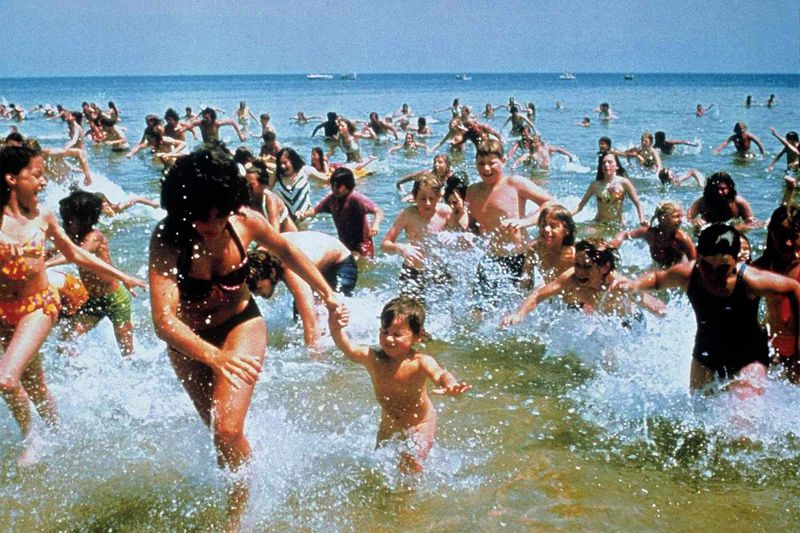
In the summer of 1975, Jaws swam into theaters and terrorized audiences, myself included. That iconic shark fin slicing through the water became the stuff of nightmares, and suddenly, a day at the beach wasn’t so relaxing anymore.
I remember the palpable tension in the theater, the collective gasps as the great white shark lurked beneath the waves. Directed by Steven Spielberg, Jaws became the first summer blockbuster, redefining the movie industry and making us all think twice before dipping a toe in the ocean.
The film’s impact was immense, spawning sequels and countless imitations, but none could capture the original’s suspense and thrill. Jaws wasn’t just a movie; it was a cultural moment that left an indelible mark on cinema and beachgoers alike, proving that sometimes, it’s what you don’t see that scares you the most.
6. The Vietnam War Ended (1975)
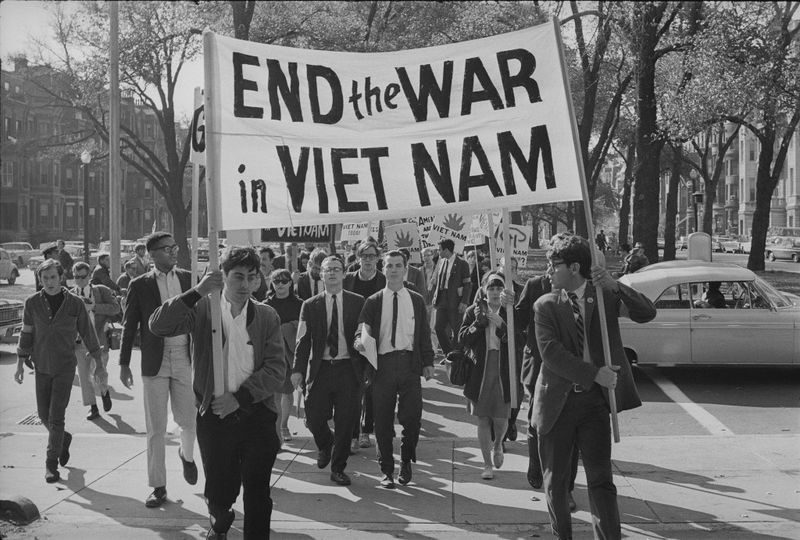
The Vietnam War finally came to a close in 1975, ending a decade of turmoil and conflict. For those of us who lived through the era, it was a moment of relief, a time to heal and rebuild.
The war had divided the nation, sparked protests, and left its mark on countless lives. I remember the emotional news broadcasts showing soldiers returning home, greeted by tearful families and a nation eager to move forward.
The end of the Vietnam War was not only a military conclusion but a cultural turning point. It prompted reflection on foreign policy, patriotism, and humanity. The lessons learned during this challenging period continue to resonate, reminding us of the complexities of war and the importance of striving for peace.
7. Elvis Left the Building… For Good (1977)
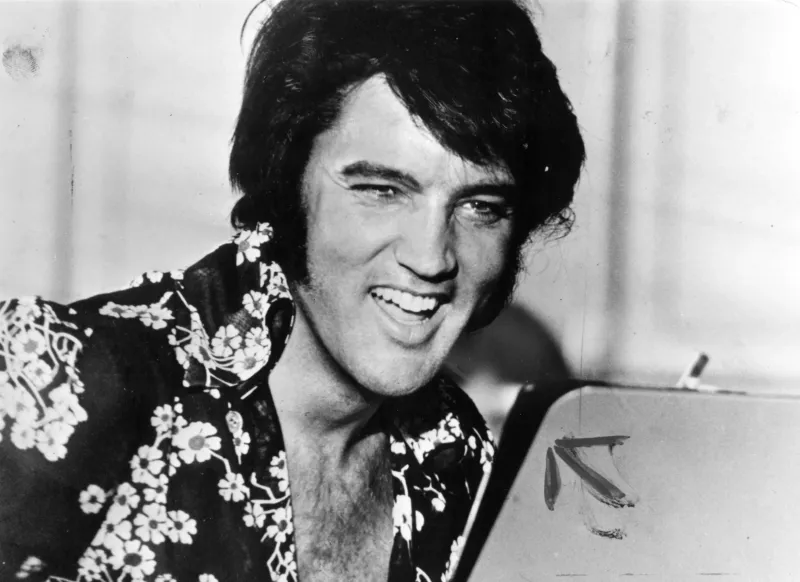
The day Elvis Presley passed away in 1977, the world felt a little quieter, a little less colorful. As someone who danced to his rock and roll tunes, it felt like losing a friend, a true cultural icon.
Elvis wasn’t just a musician; he was a phenomenon, the King of Rock and Roll who revolutionized music and style. His impact was global, and his passing left millions mourning the loss of a legend whose influence would continue to echo through time.
Fans gathered to pay tribute, lighting candles and sharing memories of his electrifying performances. While he may have left the building, his spirit remained, captured in the timeless music he left behind. Elvis’s legacy endures, a testament to his indelible mark on the world of music and pop culture.
8. Hitchhiking Was a Thing
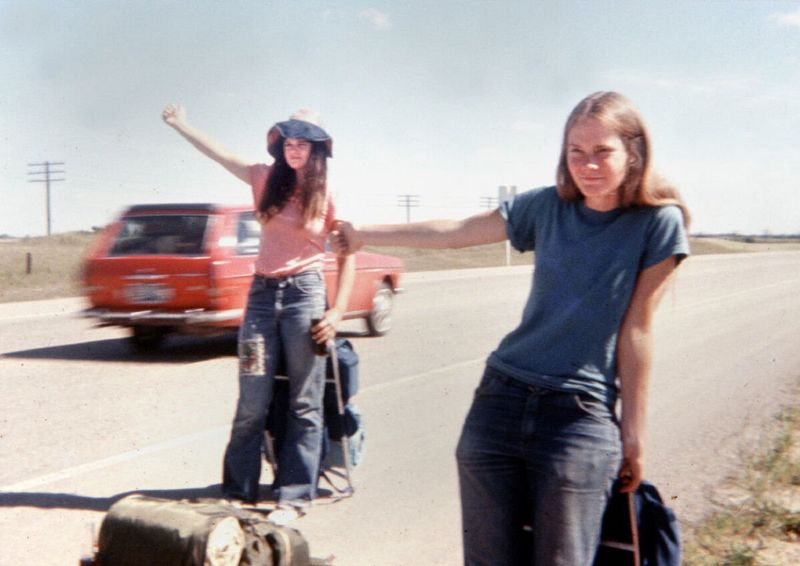
Before Uber and Lyft, there was the good old-fashioned art of hitchhiking. In the ’70s, sticking out your thumb was the way to hitch a ride, and I tried it more than once, embracing the adventure and uncertainty it brought.
Hitchhiking was like a box of chocolates; you never knew what kind of ride you’d get. There was a sense of freedom, a connection with strangers, and a touch of danger that made it thrilling. Plus, the stories you could tell! Each ride was a mini-adventure, a chance to meet eccentric characters and see the world from a different perspective.
Of course, it wasn’t without its risks, but in the spirit of the ’70s, it was about living in the moment and embracing the journey. Hitchhiking was a cultural quirk of the era, a testament to the spontaneous and daring nature of the times.
9. Pet Rocks Became Pets (1975)

Only in the ’70s could a rock become your best friend! Pet rocks swept the nation in 1975, a fad that was as bizarre as it was delightful. I admit, I had one too, sitting proudly on my desk.
The beauty of pet rocks was their simplicity. No feeding, no walking, just pure companionship with a dash of creativity. People decorated them with googly eyes, painted on faces, and even named them. It was the ultimate low-maintenance pet, perfect for the busy lifestyle of the ’70s.
The pet rock phenomenon was a quirky reflection of the times, a reminder that sometimes, it’s the simplest things that bring the most joy. It was a brief, shining moment of fun and frivolity that left a smile on many faces.
10. The First Email Was Sent (1971)
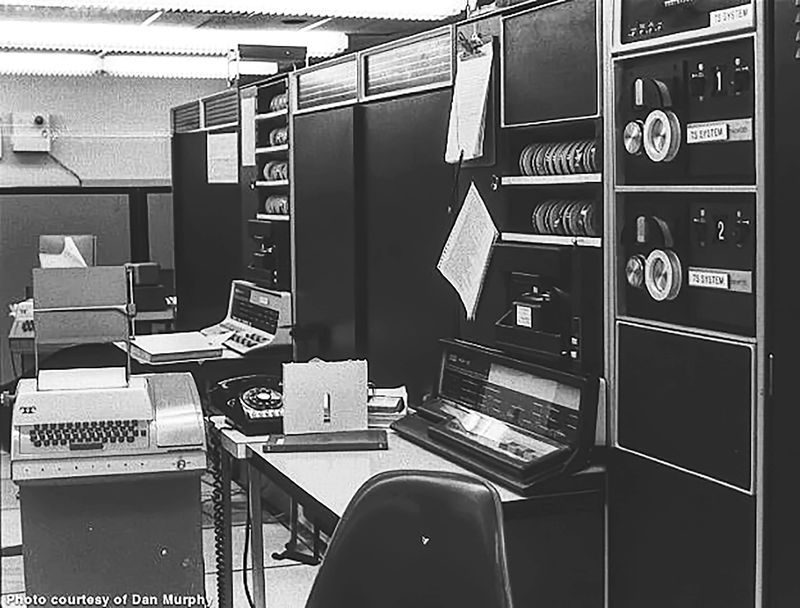
In 1971, the world of communication changed forever with the sending of the first email. It was a revolutionary step, though at the time, it felt like a small, geeky experiment.
I remember when email started becoming more mainstream, and the idea of sending messages through a computer was mind-blowing. It was the dawn of a new era, long before ‘You’ve got mail’ became a household phrase.
The first email paved the way for the digital age, transforming how we connect and share information. It’s fascinating to think how far we’ve come, from that simple message to the complex digital communications of today. The first email was a tiny step for technology, but a giant leap for mankind.
11. Saturday Night Live Premiered (1975)
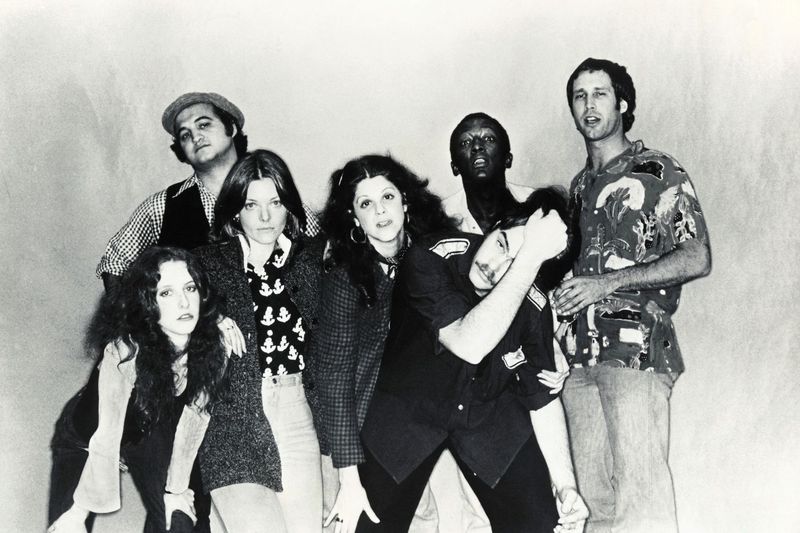
Live from New York, it’s Saturday Night Live! When SNL premiered in 1975, it breathed new life into comedy and television. I remember tuning in, excited to see what this new show would bring.
SNL quickly became a cultural touchstone, with its edgy humor, iconic sketches, and a lineup of comedic legends. The show pushed boundaries, lampooned politics, and made us laugh until our sides hurt. It was unlike anything else on TV, a breath of fresh air in the comedy scene.
The impact of SNL is undeniable, launching the careers of countless comedians and influencing a generation of humor. It was more than a show; it was a revolution in comedy, and for those of us who watched from the beginning, it was a thrilling ride.
12. Grease Was the Word (1978)
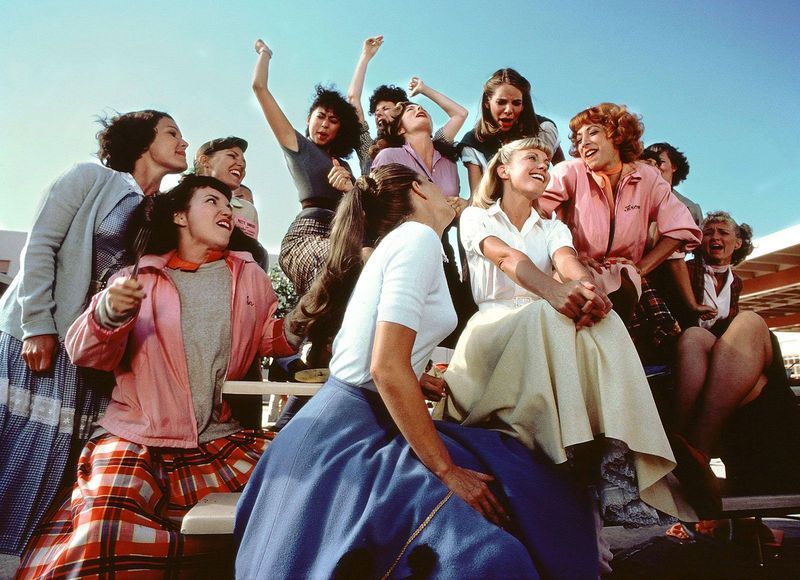
Grease was indeed the word in 1978, as the film danced its way into our hearts with its catchy tunes and vibrant characters. I still remember the excitement of seeing it for the first time, the music sticking in my head for days.
The story of Danny, Sandy, and the gang at Rydell High was a perfect blend of nostalgia and fun. The performances were electric, and the soundtrack became an instant classic. The film captured the spirit of the ’50s with a ’70s twist, creating a timeless appeal.
‘Grease’ wasn’t just a film; it was an experience, a cultural phenomenon that resonated with audiences of all ages. It left us all singing and dancing, a joyful reminder of the power of music and storytelling.
13. The Walkman Was Invented (1979)
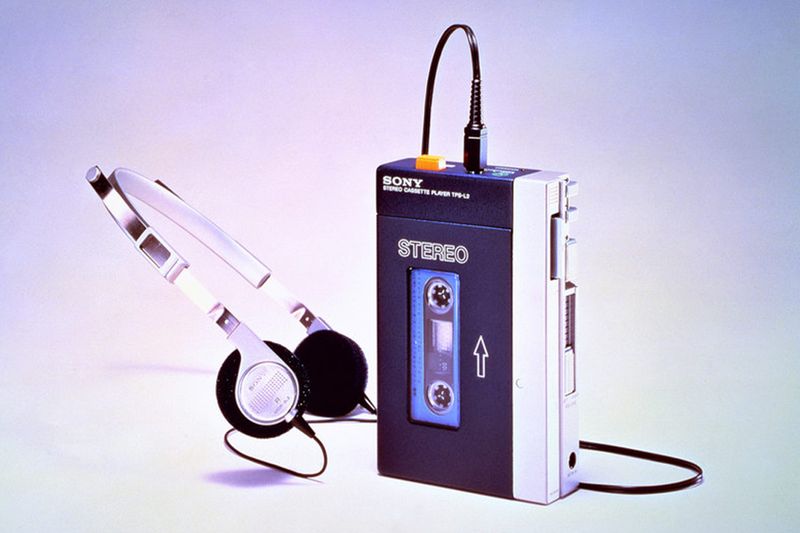
In 1979, music became portable with the invention of the Walkman, and suddenly, the world felt a little more personal. I remember slipping on those headphones, tuning out the world, and getting lost in my favorite tunes.
The Walkman was a game-changer, allowing us to carry our music wherever we went. No longer confined to living room stereos, songs became the soundtrack to our daily lives. It was freedom in a pocket-sized device, and I couldn’t imagine life without it.
The invention of the Walkman marked a new chapter in how we consumed music, paving the way for future innovations. It was a symbol of independence and a revolution in personal entertainment, forever changing the way we listened to music.
14. Pong Hit Arcades (1972)
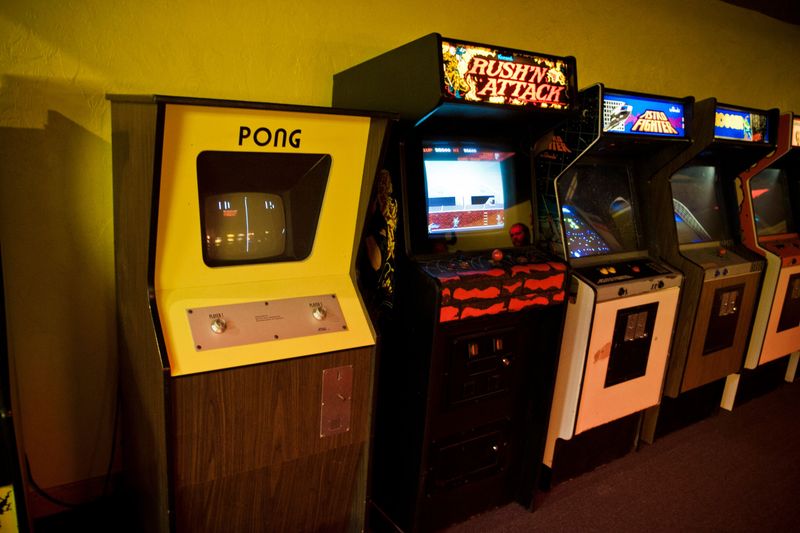
Pong, the game that launched a thousand arcades, hit the scene in 1972 and became an instant sensation. I remember the simple joy of those two paddles and a dot, engaging and addictive in its simplicity.
Arcades buzzed with excitement as players lined up to test their skills. Pong was more than just a game; it was a social experience, a chance to connect with friends and strangers alike over a shared love of pixels and paddles.
The success of Pong paved the way for the video game industry, inspiring countless titles and evolving into the complex games we enjoy today. It was the start of a digital revolution, a nostalgic reminder of the power of play.
15. Platform Shoes Got Sky-High
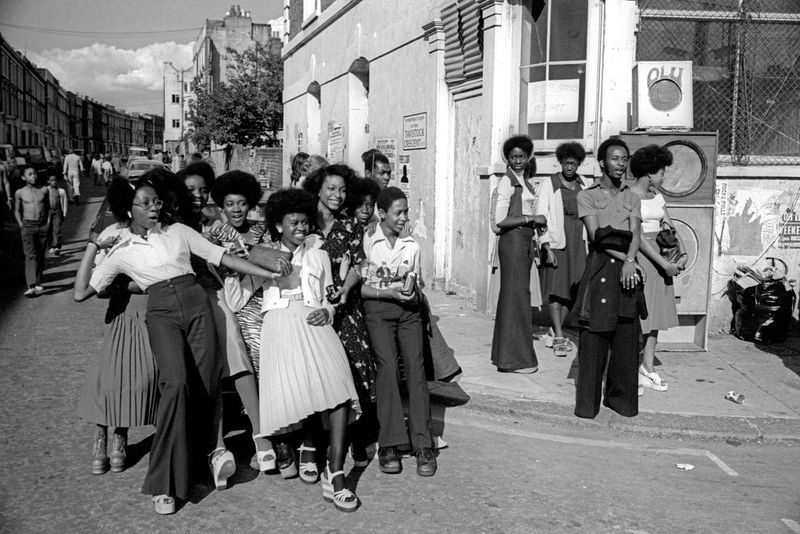
If the shoes fit, wear them tall! Platform shoes soared in popularity during the ’70s, and I strutted in my fair share. They weren’t just footwear; they were a statement, a fashion revolution that had everyone reaching new heights.
Walking in platforms was an adventure. Every step felt like a dance, and the added height gave an air of confidence. The shoes came in all colors and designs, from glittery to bold patterns, each pair a unique expression of style.
Platforms were more than a trend; they were a cultural symbol of the ’70s, embodying the bold and daring spirit of the decade. They were as much about personality as practicality, and while they may not have been the most comfortable, they were undeniably unforgettable.
16. The Godfather Was Released (1972)
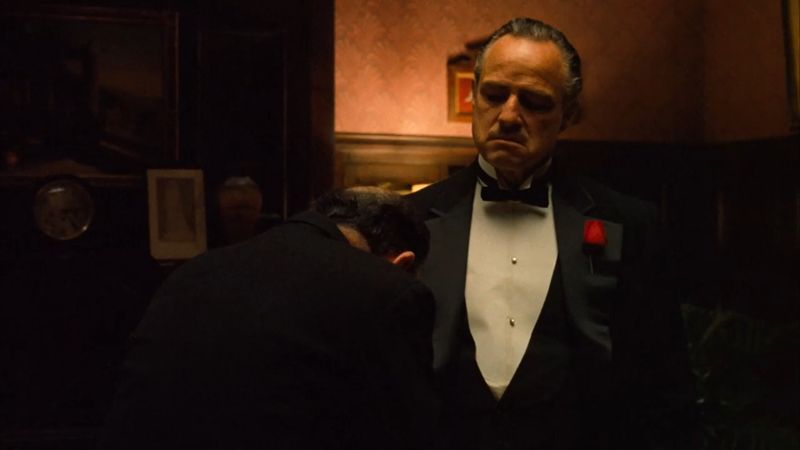
Leave the gun, take the popcorn! ‘The Godfather’ hit theaters in 1972, redefining cinema with its epic storytelling and unforgettable characters. Watching it was an experience, a masterclass in film that left audiences in awe.
Marlon Brando’s portrayal of Don Vito Corleone was nothing short of iconic, his mumbling delivery becoming a cultural touchstone. The film’s intricate plot, exploration of family, and moral complexities resonated with viewers, elevating it to legendary status.
‘”The Godfather” wasn’t just a movie; it was a moment in film history, a benchmark for excellence that continues to influence filmmakers and audiences. It set a new standard for storytelling, a testament to the power of cinema to capture the human experience.
17. The Feminist Movement Surged
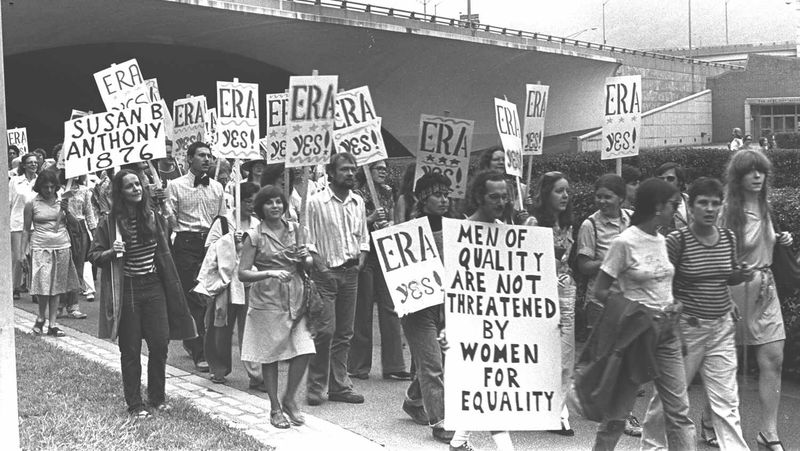
The ’70s were a time of empowerment and change, with the feminist movement surging forward like never before. I joined the marches, feeling the energy and determination as Gloria Steinem and others led the charge for equality.
The gmovement challenged societal norms, demanding equal rights, pay, and opportunities. It was a period of awakening, as women across the globe found their voices and stood up for themselves, forever altering the cultural landscape.
The impact of the feminist movement in the ’70s is still felt today, as it laid the foundation for continued progress toward gender equality. It was a defining moment that inspired future generations to keep fighting for justice and change.
18. Earth Day Was Born (1970)
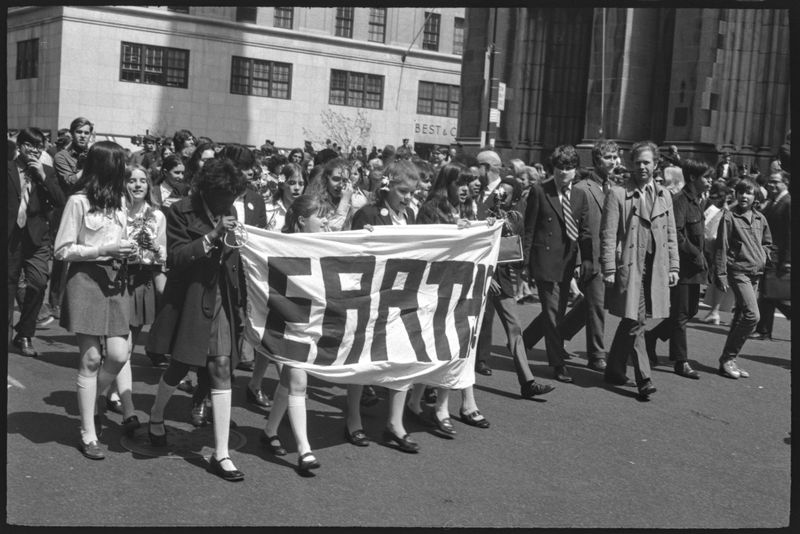
In 1970, Earth Day was born, giving Mother Earth her own day of recognition. I remember participating in the first celebrations, planting trees and feeling a part of something bigger.
The event was a call to action, raising awareness about environmental issues and the need for conservation. It was a moment of unity, bringing people together to protect the planet and ensure a sustainable future.
Earth Day’s creation marked the beginning of the modern environmental movement, sparking change and inspiring legislation to protect our natural world. It was the start of a global conversation, reminding us all that we have a responsibility to care for our planet.
19. The U.S. Celebrated Its Bicentennial (1976)
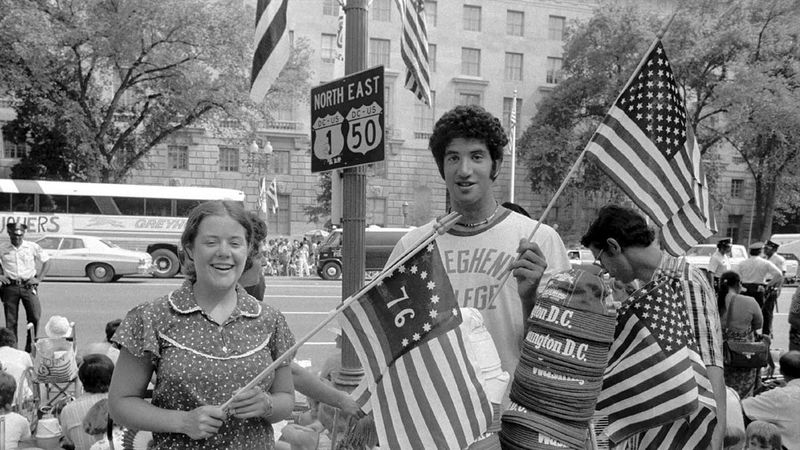
In 1976, the United States celebrated its Bicentennial, marking 200 years of independence. The festivities were grand, and I remember the parades, fireworks, and sense of pride that filled the air.
It was a year-long celebration, a time to reflect on the nation’s history and achievements. The Bicentennial brought communities together, sparking patriotic fervor and a renewed sense of national identity.
The celebrations left a lasting impression, a reminder of the country’s journey and the ideals upon which it was founded. It was a moment of unity and celebration, honoring the past while looking forward to the future.
20. Muppets Took the Stage (1976)
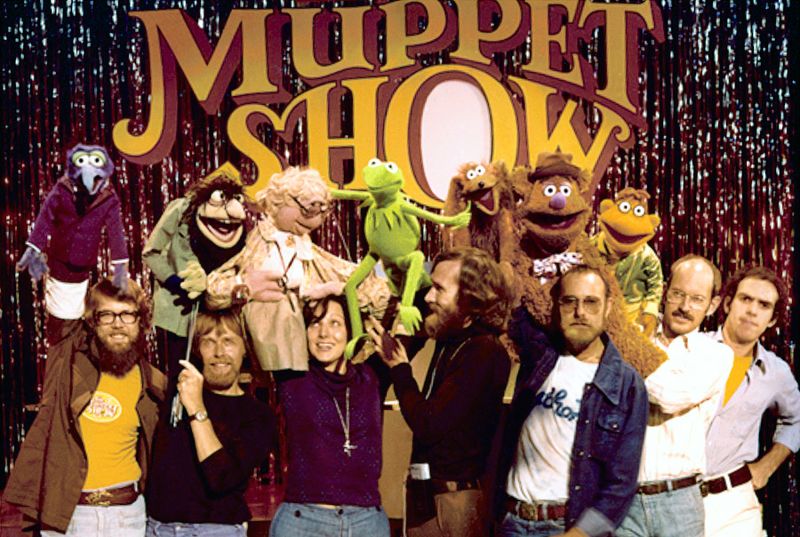
When The Muppet Show debuted in 1976, it brought a delightful dose of chaos and creativity to television. I remember laughing along with Kermit, Miss Piggy, and the rest of the gang, each episode a burst of joy.
The Muppets were more than puppets; they were personalities, each with unique quirks and charm. The show’s blend of humor, music, and guest stars made it a must-watch, appealing to audiences of all ages.
The Muppet Show’s success was a testament to the power of imagination and storytelling. It became a cultural phenomenon, leaving a legacy of laughter and creativity that continues to enchant viewers today.
21. Three Mile Island Meltdown (1979)
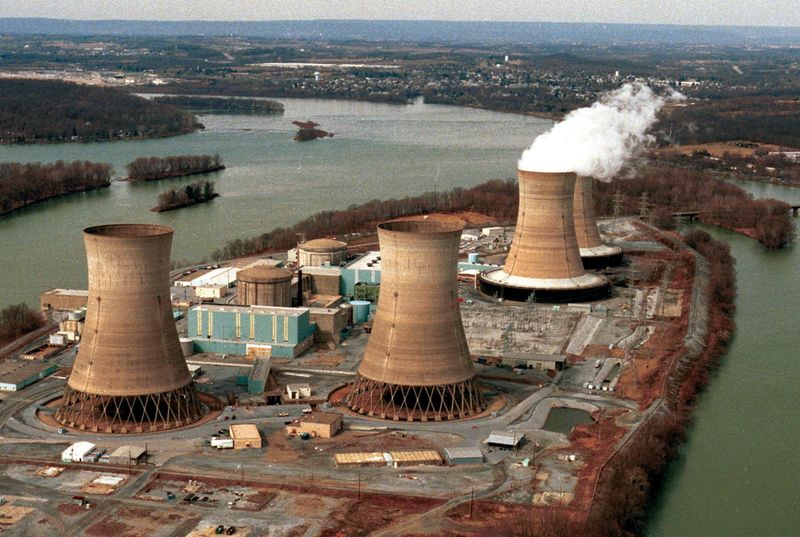
In 1979, the Three Mile Island meltdown brought nuclear fear into the mainstream, a chilling reminder of the potential dangers of atomic energy. I watched the news, feeling a mix of concern and fascination.
The incident sparked debates about nuclear safety and the future of energy production. It was a wake-up call, prompting changes in regulations and increased scrutiny of nuclear facilities.
The Three Mile Island event left a lasting impact on public perception of nuclear power, a pivotal moment in the ongoing conversation about energy and safety. It was a turning point that continues to influence policy and public opinion today.
22. The Mood Ring Was Invented
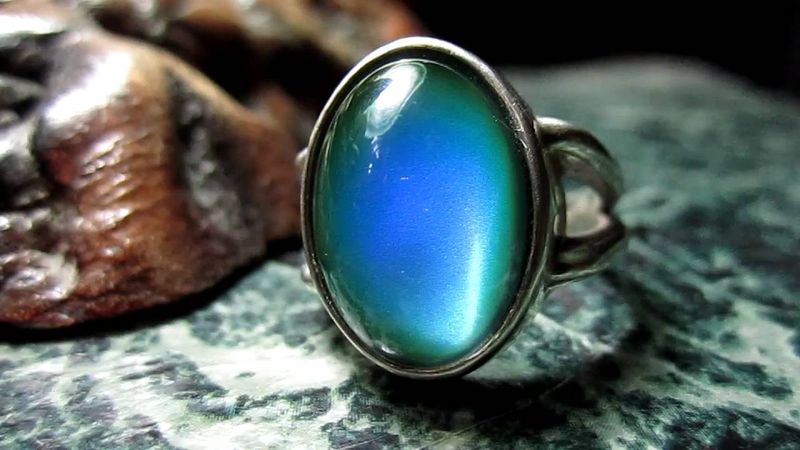
In the ’70s, the mood ring was all the rage, promising to reveal your emotions with a simple change of color. I slipped one on, fascinated by the shifting hues as if it held the secrets to my inner feelings.
It was more than just a ring; it was a conversation starter, a playful accessory that captured the spirit of the decade. The mood ring’s color changes intrigued many, adding a touch of mystique to everyday life.
While it may not have been scientifically accurate, the mood ring was a fun and unique piece of jewelry that became a symbol of the ’70s. It was a reminder that sometimes, a little whimsy goes a long way.
23. Boogie Nights Were Real Nights
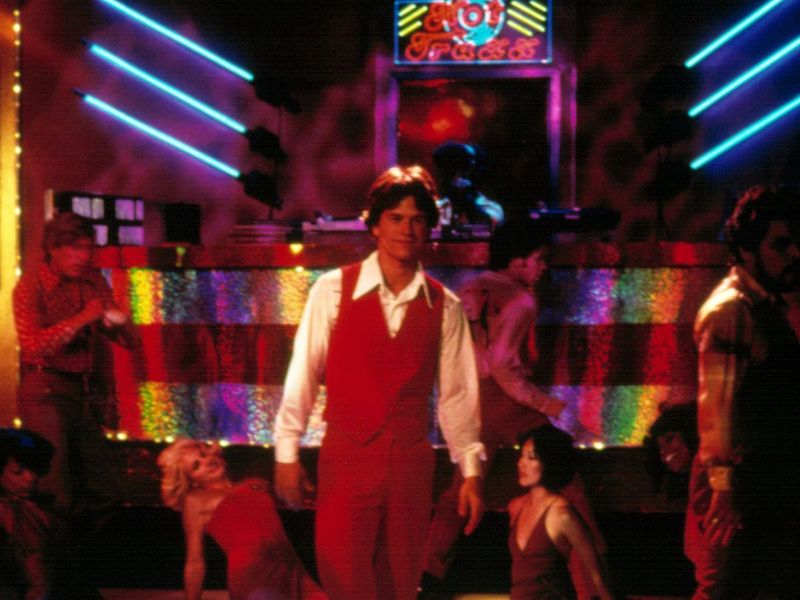
Boogie nights were the real deal in the ’70s, a time when the dance floor was the place to be. I remember the thrill of the music, the energy of the crowd, and the feeling of letting loose under the disco lights.
The nights were filled with glitter, funk, and soul, each dance a celebration of life and music. It was an era of freedom, where the music never stopped and the nights felt endless.
Boogie nights weren’t just about dancing; they were about connection, expression, and pure joy. They were a defining feature of the ’70s, capturing the vibrant spirit and infectious energy of the decade.
